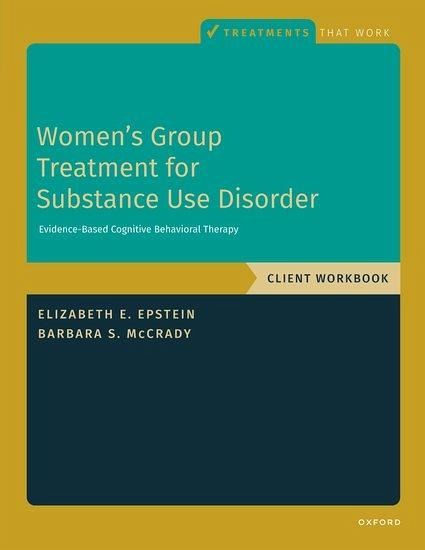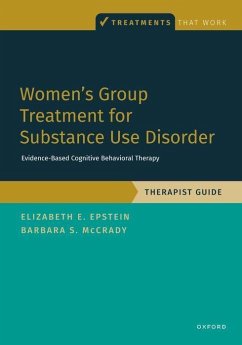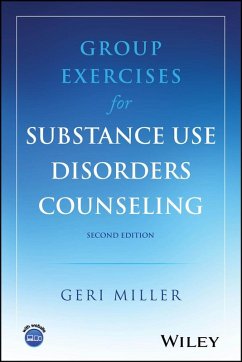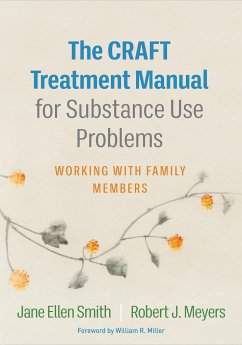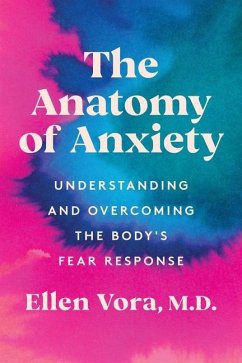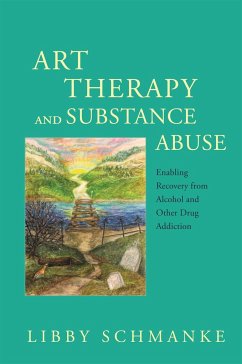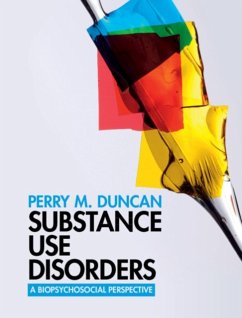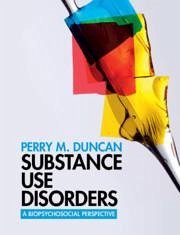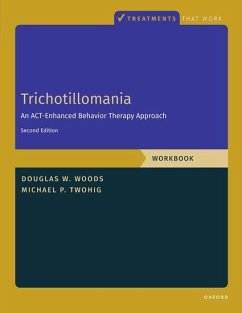Dr. Elizabeth Epstein is Professor of Psychiatry at the University of Massachusetts Chan Medical School, and Professor Emerita at the Center of Alcohol Studies (CAS), Rutgers University. Previously Dr. Epstein was a faculty member of Rutgers CAS, most recently as Research Professor and Director of the Clinical Division of CAS with appointments at the Rutgers Graduate School of Applied and Professional Psychology and Department of Psychology. She has developed and tested numerous treatment modalities (group, couple, family, individual, telehealth) and subpopulation-specific cognitive behavioral therapy (CBT) and motivational enhancement therapy (CBT/MET) protocols for drinking and drug use problems via randomized trials funded by the National Institute on Alcohol Abuse and Alcoholism and the National Institute on Drug Abuse. She has been or is Principal Investigator (PI), co-PI or co-investigator on NIH or VA grants to develop evidence-based CBT addiction and comorbid psychiatric treatments tailored for: women with AUD; female Veterans with AUD; couples and families; military and Veteran populations; deaf individuals; smoking cessation; opiates and chronic pain; smartphone apps for behavioral couple/family therapy; and wrap-around models of community linkage and peer support. Her addiction treatment development research program includes investigation of active ingredients, mediators, and moderators of change; as well as implementation science components to optimize dissemination and usability for broader systems of addiction care. As a licensed psychologist, Dr. Epstein has regularly provided direct clinical services to clients since 1995. Dr. Barbara McCrady is Distinguished Professor (Emerita), University of New Mexico (UNM). Former Director of the UNM Center on Alcohol, Substance Use, and Addictions; previously at Rutgers University (1983-2007) where she served as Director of Clinical training, Chair, Department of Psychology and Clinical Director, Rutgers Center of Alcohol Studies. She was on faculty at the Brown University School of Medicine 1975-1983 where she developed and ran addictions treatment programs and conducted research. Her research focuses on empirically supported treatments for substance use disorder (SUD), including studies of: effectiveness and cost-effectiveness of cognitive-behavioral SUD treatment; conjoint treatment for persons with SUD and their spouses; Alcoholics Anonymous; alternative treatment models for women and with alcohol and other SUDs; mechanisms of change in behavioral treatments; understanding and treating SUD for persons in the criminal justice system, understanding behavioral and neurocognitive mechanisms of change in alcohol treatment. Her research has been funded by the National Institutes of Health (NIH) since 1979 and she was the PI of NIAAA pre- and post-doctoral NIH institutional research training grants at Rutgers and UNM (1994-2021). She has served as President of Division 50 (Addictions) of the American Psychological Association, President of the Research Society on Alcoholism, and Secretary-Treasurer of the Association for Behavioral and Cognitive Therapies.
